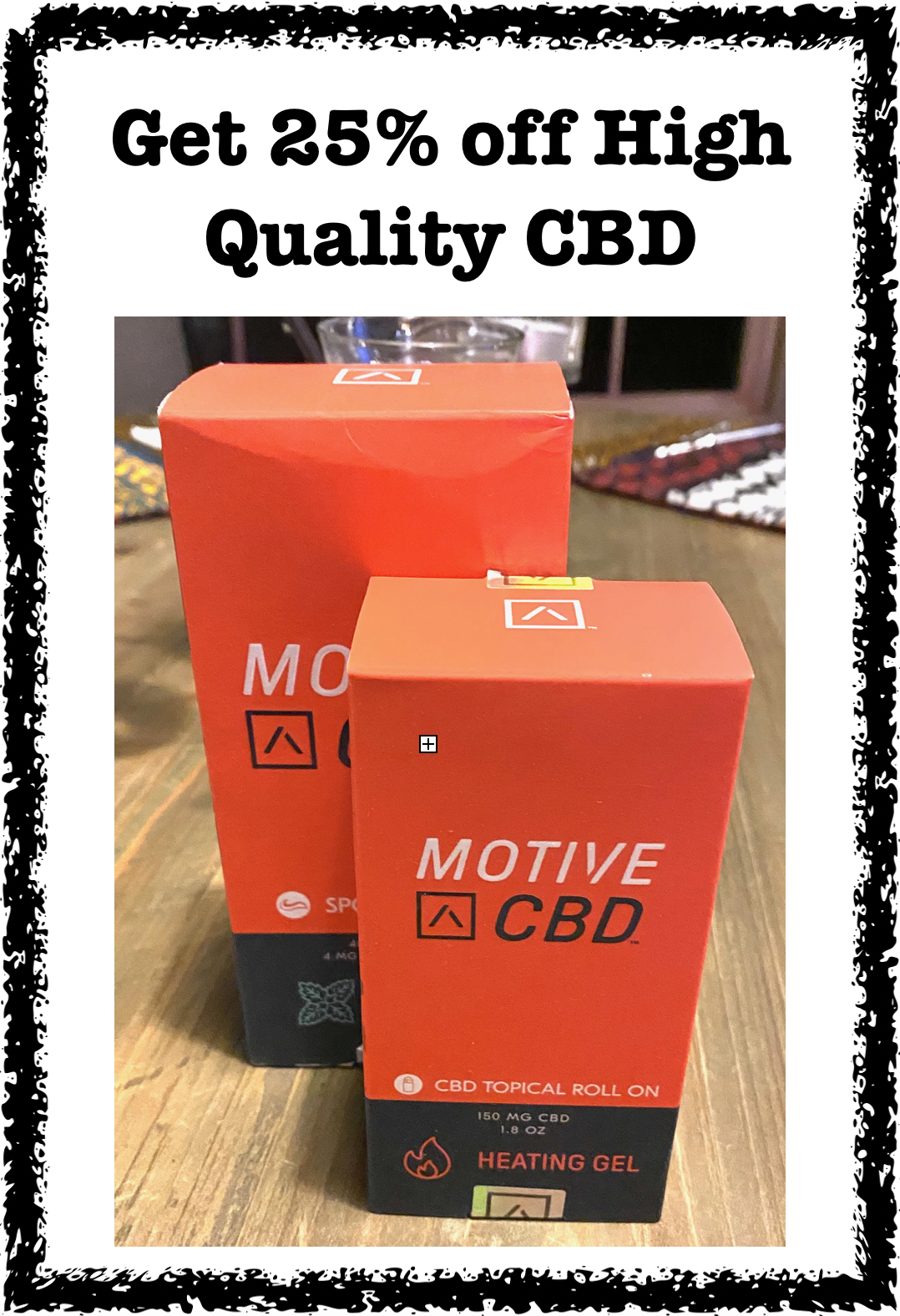Chronic inflammation refers to a prolonged inflammatory response in the body. When inflammation lingers, it can detrimentally impact tissues and organs due to the increased production of free radicals, which results in oxidative stress, an imbalance between antioxidants and free radicals.
Inflammation and oxidative stress are involved in many diseases. Chronic inflammation may be caused by autoimmune disorders, untreated infections, or illnesses, and often plays a role in conditions such as asthma, cancer, and diabetes. Factors such as smoking, obesity, or stress may also contribute to chronic inflammation.
One 2016 study looked at the effect of CBD on rats with joint inflammation. The researchers found that topical CBD gel reduced joint swelling and pain in the rats. Also, there were no significant side effects.
CBD comes in many different forms. Some people may find that edibles (such as gummies and oral oils) work better for them, while others may find topical CBD (such as creams and massage oils) easier to use.
People should try different forms and concentrations to understand what works best for them.
While inflammation is necessary to help protect the body as it heals, a state of ongoing or chronic inflammation is undesirable and can be a source of significant pain and anxiety, and is sometimes linked with depression. CBD shows potential as a plant-derived anti-inflammatory without the side effects of medications.
Jeremy Riggle, Ph.D. is the Chief Scientist at Mary’s Medicals, a brand specializing in CBD products for the treatment of pain and inflammation.
“Overall, the research literature indicates that cannabinoids, including CBD, could potentially be very effective anti-inflammatory agents for nervous tissue inflammation, inflammatory bowel disease, arthritis, vascular inflammation and certain types of cancers that are triggered by chronic inflammation,” Riggle says.
He cautions, however, that there is still a long way to go before scientists fully understand how CBD attenuates inflammation.
“Inflammation is an extremely complex and varied process, and the effect of CBD and other cannabinoids is not completely understood at this time,” Riggle explained.
Stacia Woodcock, a pharmacist at Curaleaf New York, which sells CBD products, points out that it may take some time for CBD oil to exert its anti-inflammatory effects on the body.
“Based on my experience, I think that CBD may offer some relief if dosed properly, such as a minimum of 50 milligrams a day to start, but it may take a few weeks to see a good result,” said Woodcock.
Woodcock emphasizes that while CBD seems to have potent anti-inflammatory qualities, THC does, too, and the two often work more effectively together. In her opinion, a full-spectrum medical cannabis product containing both THC and CBD will work faster due to THC's direct effects on the receptors which control inflammation on the body.



